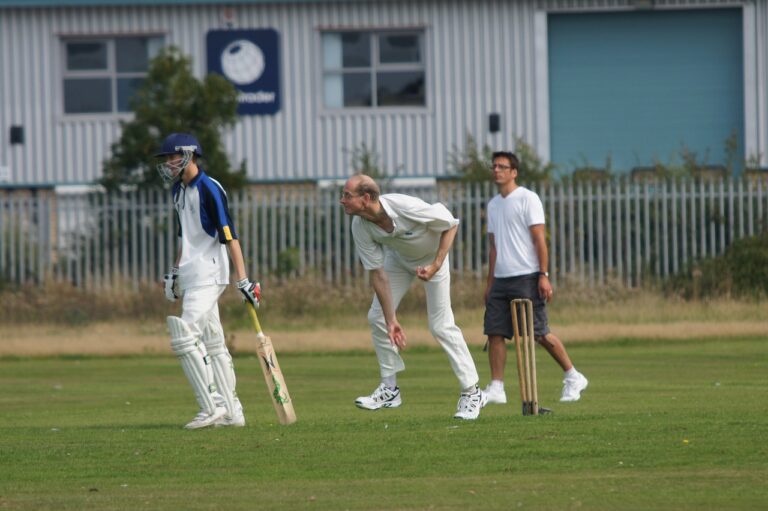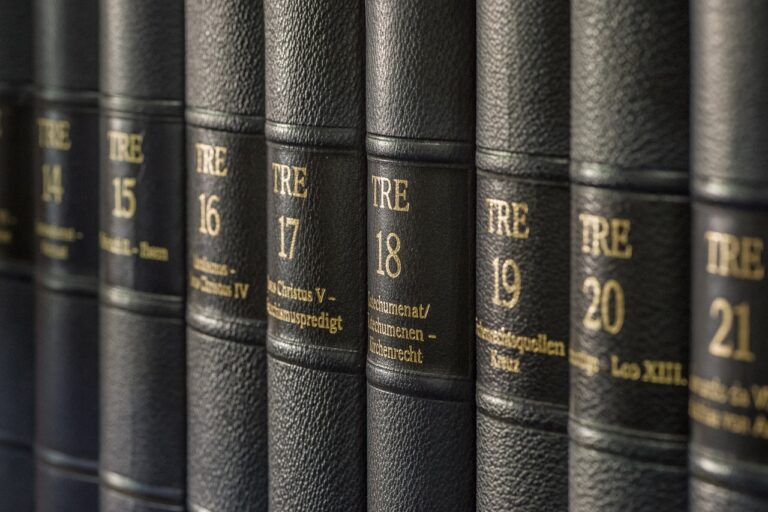The Role of Education in Disaster Preparedness and Response
Disaster preparedness is a critical aspect of ensuring the safety and well-being of individuals, communities, and societies as a whole. Being prepared for various types of disasters, whether natural or man-made, can significantly reduce the potential impact and consequences that may arise. By having a well-thought-out plan in place, including communication strategies, emergency supply kits, and evacuation routes, individuals can better protect themselves and their families during times of crisis.
Moreover, understanding the importance of disaster preparedness not only promotes personal safety but also contributes to the overall resilience of communities. When individuals take proactive steps to prepare for disasters, they not only minimize the potential for loss and damage but also foster a sense of unity and collaboration within their community. By working together to address common risks and vulnerabilities, communities can build stronger networks of support and mutual aid, ultimately enhancing their capacity to respond effectively in times of crisis.
How Education Enhances Community Resilience
Education plays a crucial role in enhancing community resilience in the face of disasters. By equipping individuals with the knowledge and skills to prepare for and respond to various emergencies, educational initiatives empower communities to mitigate potential damages and bounce back more effectively after a crisis. Through educational programs that focus on disaster preparedness, individuals become better equipped to address challenges and make informed decisions in high-stress situations.
Furthermore, education fosters a culture of collaboration and communication within communities, essential elements for building resilience. When individuals are well-informed about disaster risks and response strategies, they are more likely to work together, share resources, and support one another during times of adversity. By promoting a sense of shared responsibility and mutual aid, education not only strengthens community bonds but also enhances the overall resilience of the population in the face of disasters.
The Role of Schools in Disaster Response
Schools play a crucial role in disaster response by providing a safe haven for students and staff during emergencies. It is essential for schools to have well-developed emergency plans in place to ensure the safety and well-being of everyone on the premises. These plans should address various scenarios, from natural disasters like earthquakes and floods to man-made incidents such as fires or intruders.
In addition to being a safe space, schools also serve as hubs for disseminating information and coordinating relief efforts. They can act as communication centers for families to receive updates on the situation and instructions on how to stay safe. Moreover, schools can collaborate with local authorities and other organizations to provide support and resources to the community in times of crisis.
• Schools provide a safe haven for students and staff during emergencies
• Well-developed emergency plans are essential to ensure safety
• Plans should address various scenarios, including natural disasters and man-made incidents
• Schools serve as hubs for disseminating information and coordinating relief efforts
• They act as communication centers for families to receive updates and instructions on staying safe
• Schools collaborate with local authorities and organizations to provide support and resources in times of crisis
What is the importance of disaster preparedness in schools?
Disaster preparedness in schools is crucial as it ensures the safety of students, teachers, and staff during emergencies. It also helps in minimizing the impact of disasters on the school community.
How does education enhance community resilience in times of disaster?
Education plays a key role in enhancing community resilience by equipping individuals with the knowledge and skills needed to respond effectively to disasters. It also fosters a sense of unity and collaboration within the community.
What specific role do schools play in disaster response efforts?
Schools serve as important hubs for disaster response efforts, providing shelter, resources, and support to the community during emergencies. They also play a key role in educating students and preparing them for disasters.
How can schools improve their disaster response preparedness?
Schools can improve their disaster response preparedness by developing and regularly practicing emergency response plans, conducting drills and exercises, and collaborating with local emergency agencies and community partners.







